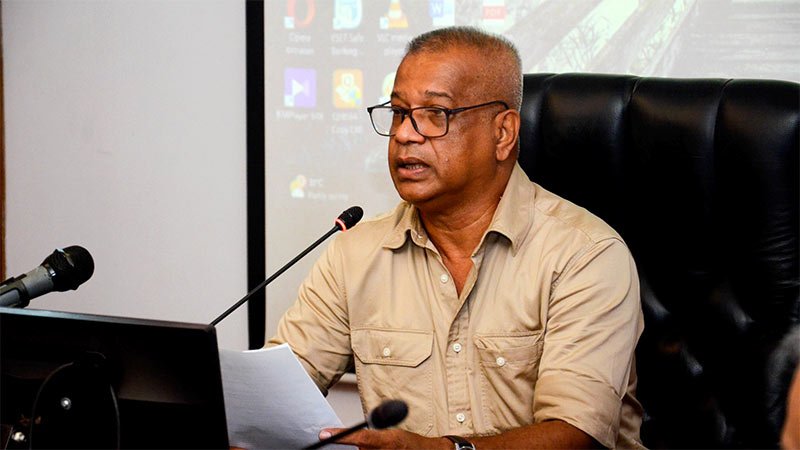
News Today: Government MPs say Ranil Wickremesinghe arrest normalises rule of law in Sri Lanka, ensuring equality before the law
Agriculture, Lands, Irrigation and Livestock Minister K.D. Lal Kantha has stated that the arrest of former President Ranil Wickremesinghe should not be seen as an extraordinary or politically motivated event, but rather as an important step in the normalisation of the law applying equally to all citizens.
Speaking to the media in Kandy yesterday (24 August) after attending the launch of the book Palu Aratu Ha Gammuladeni Vathagotha, authored by Kandy District Secretary Indika Udawatte, the Minister highlighted the unprecedented nature of the case. He stressed that Sri Lanka had never before witnessed a former President or a member of the political elite being produced before a Court of law.
“People feel this is something extraordinary only because it has never happened before. In the future, when more such actions take place, citizens will realise that the law is equal for all – rich and poor alike,” Lal Kantha said.
The Minister clarified that Wickremesinghe has not yet been declared guilty but is now subject to legal proceedings. The next court hearing, scheduled for 26 August, will determine whether bail is granted or whether the case will proceed under the Public Property Act, where bail may not be an option.
He also dismissed claims that the Court’s ruling had been pre-written at a private office, warning that such remarks could amount to contempt of Court if formally complained about.
“It is clear today that we have a functioning system where the rule of law prevails. Citizens must understand the weight of their words and act responsibly. The Government only enacts laws – it is up to the Judiciary and institutions to enforce them,” Lal Kantha stated.
He concluded by noting that the political interference which once shielded powerful figures from accountability has now been removed, allowing legal institutions to operate with greater independence and fairness.




Leave A Comment